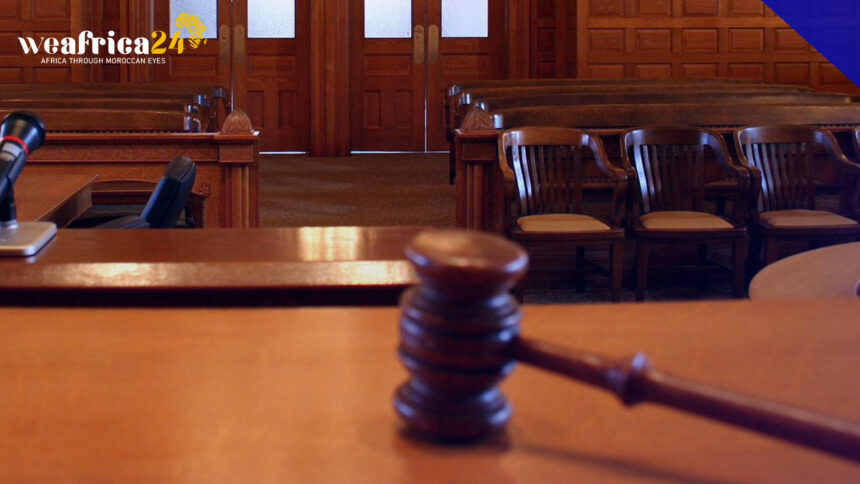Justice is the bedrock of any democratic society, ensuring the protection of citizens’ rights and upholding the rule of law. However, in Mauritania, a country located in Northwest Africa, the concept of justice has been marred by corruption. The prevalence of corruption within the judicial system undermines the trust of its citizens, hampers social development, and perpetuates a cycle of injustice. This article aims to shed light on the troubling issue of justice corruption in Mauritania and explore its consequences for the nation and its people.
The Dynamics of Corruption in the Mauritanian Justice System
Corruption within the Mauritanian justice system manifests in various forms, including bribery, nepotism, political interference, and undue influence on judicial processes. Such practices undermine the impartiality and integrity of the judiciary, leaving the vulnerable marginalized and further entrenching social inequality.
One key issue is the lack of transparency and accountability within the judicial sector. The opaque selection and appointment processes for judges, coupled with inadequate oversight mechanisms, create fertile ground for corruption to thrive. This lack of transparency allows for the infiltration of unqualified and corrupt individuals into positions of power, compromising the very essence of justice.
The Impact on Citizens and Society
Justice corruption in Mauritania has severe ramifications for its citizens and society as a whole. Firstly, it erodes public trust in the judiciary, undermining the legitimacy of legal processes and institutions. When citizens perceive that justice is for sale or can be influenced by power and money, they lose faith in the system and resort to alternative means of resolving disputes, such as vigilantism or self-help measures. This undermines the rule of law and fosters a culture of impunity.
Moreover, corruption in the justice system disproportionately affects the marginalized and vulnerable segments of society. Impoverished individuals who cannot afford to pay bribes or lack connections often face insurmountable obstacles in accessing justice. Consequently, they are denied their fundamental rights and are left defenseless against abuses.
The Way Forward
Addressing justice corruption in Mauritania requires a comprehensive and multi-faceted approach. The following measures can contribute to combating this pervasive issue:
Strengthening Judicial Independence: Ensuring the autonomy of the judiciary from political interference is crucial. Implementing transparent and merit-based appointment processes, along with clear guidelines for judicial conduct, can help safeguard the integrity of the justice system.
Enhancing Transparency and Accountability: Instituting mechanisms for monitoring and reporting corruption, such as an independent anti-corruption commission, can play a pivotal role in identifying and addressing corrupt practices. Whistleblower protection laws can also encourage individuals to come forward with information.
Promoting Judicial Training and Ethics: Investing in professional development programs and ethics training for judges and court personnel can raise awareness about the importance of impartiality, integrity, and adherence to the rule of law. Continuous education can equip them with the necessary skills to resist corruption and dispense justice fairly.
Engaging Civil Society and Promoting Access to Justice: Encouraging the active participation of civil society organizations and legal aid providers can help bridge the justice gap and ensure that marginalized individuals have access to legal representation and remedies.
Corruption within the Mauritanian justice system poses significant challenges to the country’s social fabric, governance, and development. Tackling justice corruption requires a collective effort from the government, civil society, and international partners. By promoting transparency, strengthening judicial independence, and enhancing accountability, Mauritania can begin to restore public trust in the judiciary, create a more just society, and pave the way for a brighter future where all citizens are treated fairly and equally under the law.







